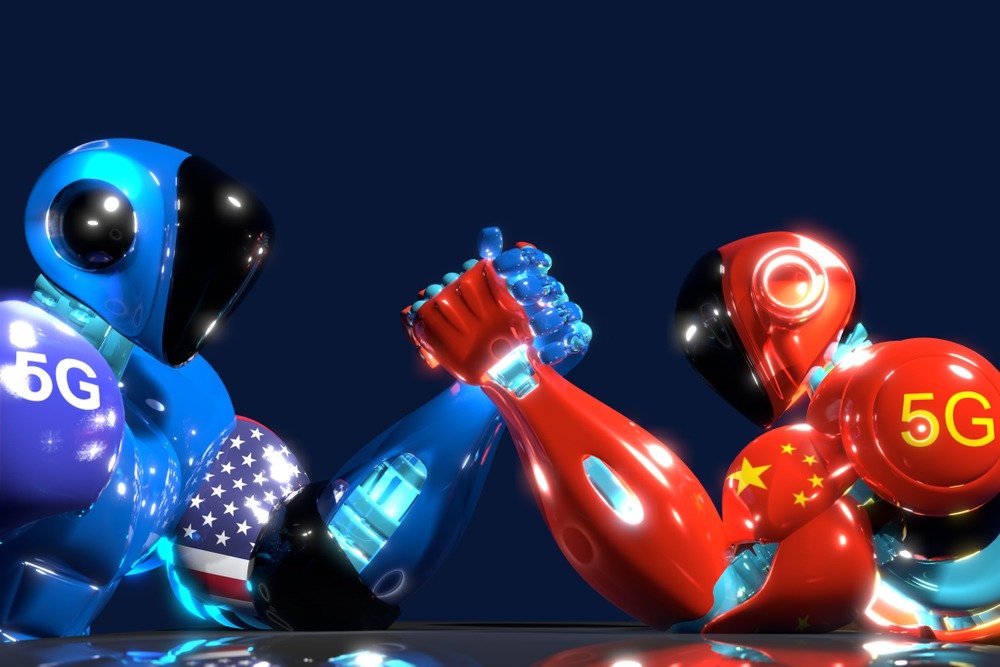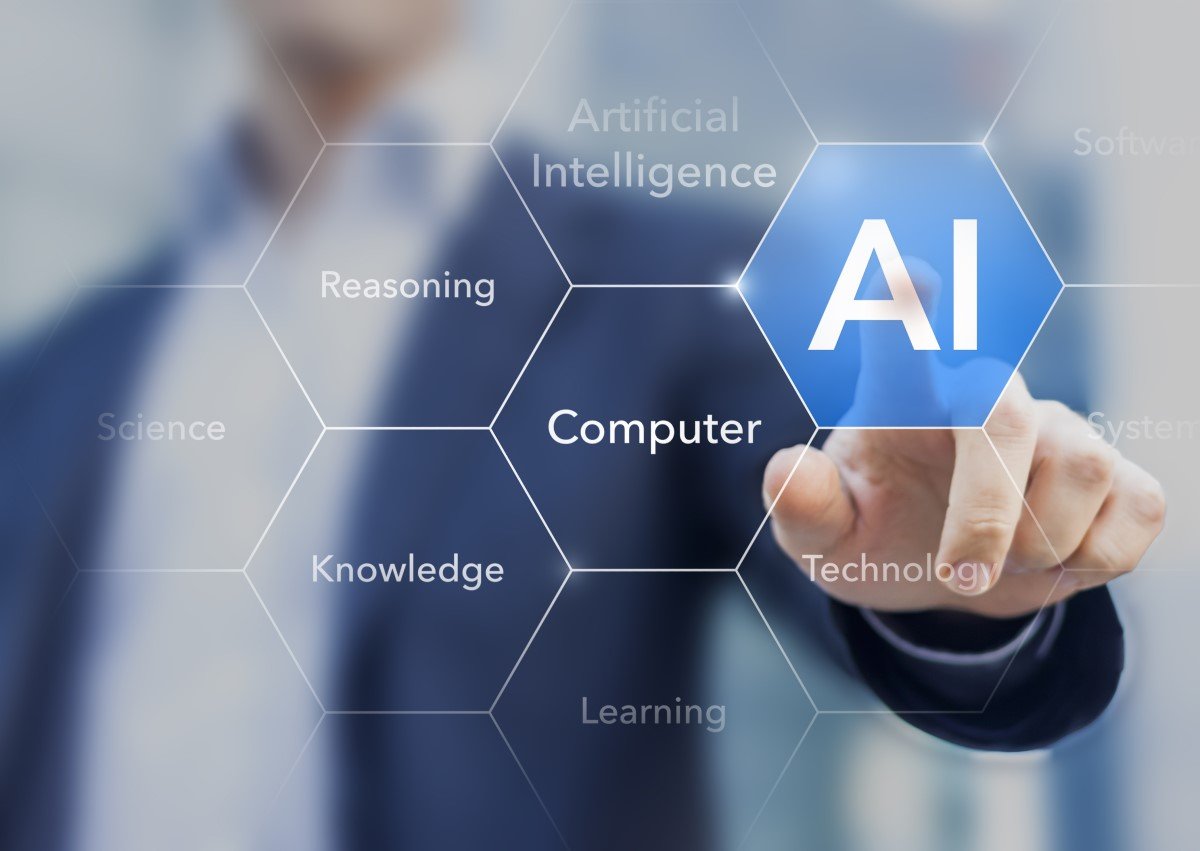Artificial intelligence encompasses everything from your Alexa speaker to service robots to medical diagnostic tools. It is a fast-growing field that is increasingly playing a more critical role in many aspects of our lives. A country’s artificial intelligence prowess has significant implications for how its citizens live and work. Such a country’s military and economic strength is moving into the future.
The narrative of an artificial intelligence “arms race” between China and the United States has been brewing for years, with so much at stake. Dramatic headlines say that China wants to take the lead in artificial intelligence use and research. It has national domination and there has been billions of dollars of investment by the government in the field. We can compare this with the United States’ focus on private-sector development.
Nevertheless, the reality is quite different. At least until the past year or so, the two nations have been hugely interdependent when it comes to artificial intelligence. It is an area that has drawn investment and attention from significant tech heavy hitters on both sides of the pacific. The list includes TITY, Megvii, and SenseTime technology in China, and Facebook, Apple, and Google in the United States.
Jeffrey Ding is the China lead for the Center for the Governance of artificial intelligence at the University of Oxford’s Future of Humanity Institute. He said that narratives of an “arms race” are weak and overblown analogies for what is going on in the artificial intelligence space. When you look at factors like companies, talent, alliances, and research, you will find that China and the United States ecosystems are decidedly entwined.
Artificial Intelligence
Nevertheless, the combinations of the rapid spread of COVID-19 and political tensions throughout both nations’ fuels more separation. Thus, this will have implications for both the world’s power dynamics and advances in technology for years to come.
Georg Stieler is managing director at Stieler Enterprise Management Consulting China. He said that those new technologies would be game-changers in the next three to five years. The people who controlled them and built them will also control parts of the world. He added that that is the fact and you cannot ignore it.
Alpha Go is a machine-learning system built by Google’s DeepMind. DeepMind uses reinforcement learning and algorithms to predict outcomes and train on massive datasets. In March 2016, AlphaGo beat the human Go world champion, Lee Sedol. That match was broadcast throughout China and sparked a lot of interest. It highlighted how quickly the technology advanced. Moreover, it suggested that because Go involves war-like tactics and strategies, artificial intelligence could potentially be useful for decision-making around warfare.
Seven-month later, President Barack Obama’s administration released three reports for the preparation of a future with artificial intelligence. It described the potential economic impacts and the national strategic plan. Some Chinese policymakers saw those reports as a sign. They believed it showed that the United States was further ahead in its artificial strategy than expected.
The Chinese government, under President Xi Jinping, released a development plan for the nation to become the world leader in artificial intelligence by 2030.
















